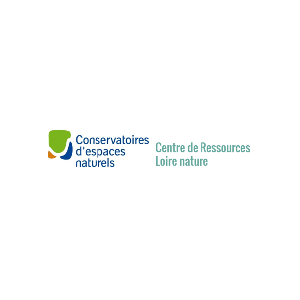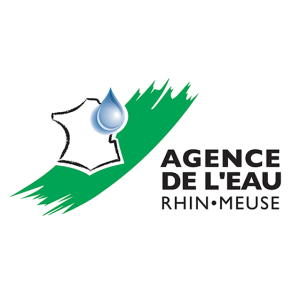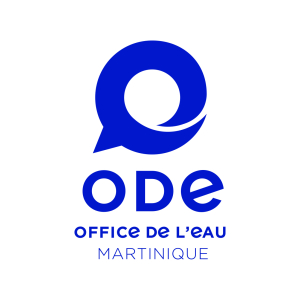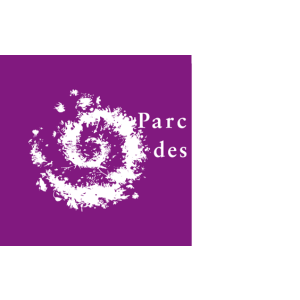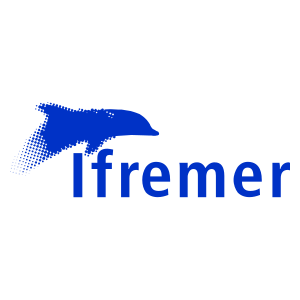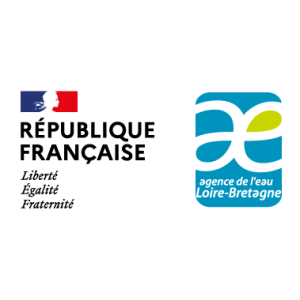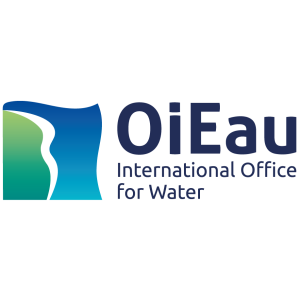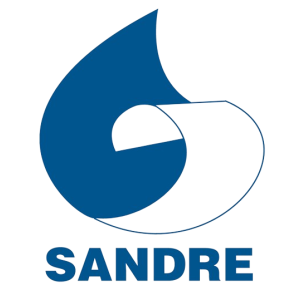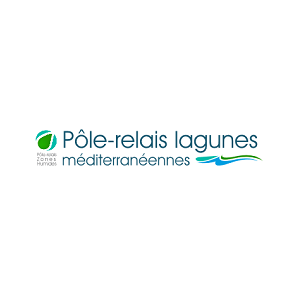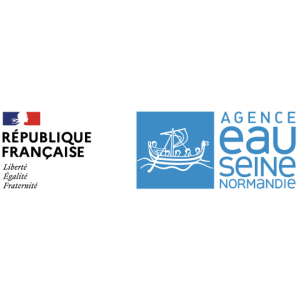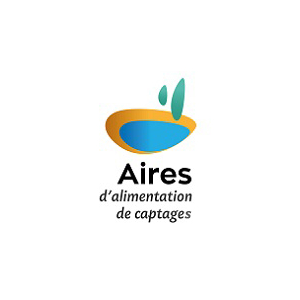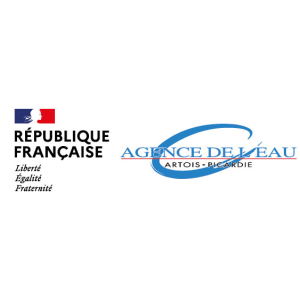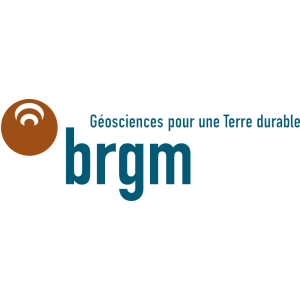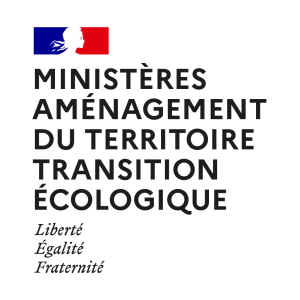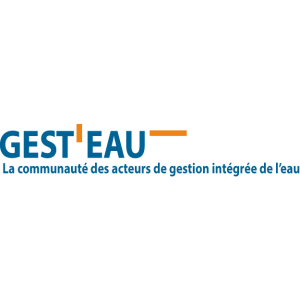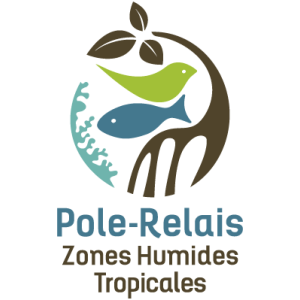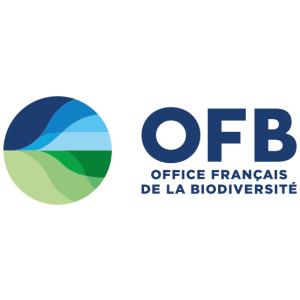
Document généré le 04/11/2025 depuis l'adresse: https://www.documentation.eauetbiodiversite.fr/fr/notice/analyse-de-descripteurs-energetiques-et-statistiques-de-signaux-sonar-pour-la-caracterisation-des-fonds-marins
Analyse de descripteurs énergétiques et statistiques de signaux sonar pour la caractérisation des fonds marins
Titre alternatif
Producteur
Contributeur(s)
Université de Bretagne Occidentale
Identifiant documentaire
9-242
Identifiant OAI
oai:archimer.ifremer.fr:242
Auteur(s):
Le Chenadec, Gilles
Mots clés
Support Vector Machines
Markov Random Field
Image segmentation
Spatial Statistics
Signal Processing
Inverse Problem
Backscattering Strength
Seafloor geoacoustical and geostatistical Model
Méthodes SVM
Champs de Markov
Segmentations d'images sonar
Statistiques spatiales
Traitement du signal
Problèmes inverses
Rétrodiffusion
Modélisation géoacoustique et géostatistique des fonds marins
Date de publication
08/07/2004
Date de création
Date de modification
Date d'acceptation du document
Date de dépôt légal
Langue
fre
Thème
Type de ressource
Source
Droits de réutilisation
info:eu-repo/semantics/openAccess
Région
Département
Commune
Description
Sonar systems own the attractive ability to simultaneously provide a bathymetric map and a sonar image of large insonified seabed areas. Recorded data information, the backscattered energy is well known as an essential clue about the seabed nature and roughness. This PhD thesis lie within a seafloor characterization project using acoustical methods. The objectives are the data exploitation of two sonar systems (a multibeam echosounder and sidescan sonar) ; both operate at a high frequency (around 100 kHz) but their survey geometry is different. Sonar images are first analyzed and reveal artefacts due to geometry of the sonar system and array patterns, leading to difficulties in their geological interpretation. In the context of the sediment discrimination, a previous study is necessary before any feature analysis. The available sonar systems is then studied in detail to elaborate an adapted process of data correction and permit quantitative use of backscattered intensity. A new postprocessing correction method is proposed for signals recorded by the sidescan sonar, based on the reconstruction of the survey geometry.
At the conclusion of this correction stage, the study concerns two energetical and statistical features extracted from backscattered intensity. The angular backscattering strength is shown as the simplest and the most efficient feature for the seabed discrimination but its single use is not optimal.
Textures presence in sonar images allow to complete the study by a feature based on the statistical distributions shape and revealing roughness characteristics. Different statistical behaviors are highlighted depending either on seafloor properties or on the sonar system geometry. A new model is proposed to predict these behaviors.
Finally, the simultaneous use of these features improve segmentation results. In this context, the use of the "Support Vector Machines" is proposed and shows some relevant and evolutive possibilities ; the new algorithm allows to introduce various features (energetical, statistical, textural, bathymetric) and to combine with a markovian model of the image.
Accès aux documents
0
Consultations
0
Téléchargements
